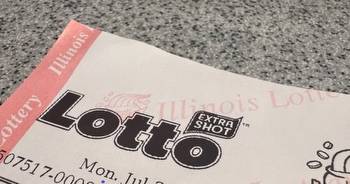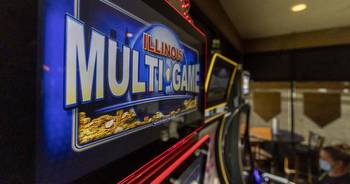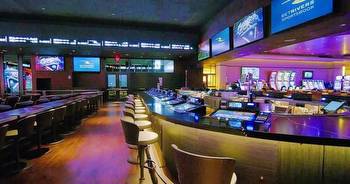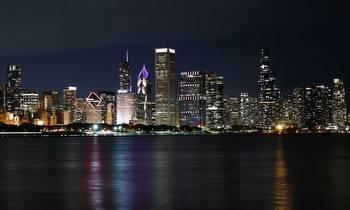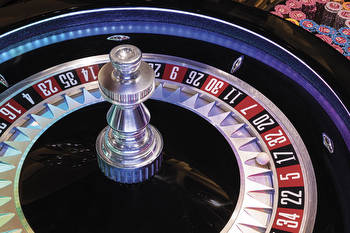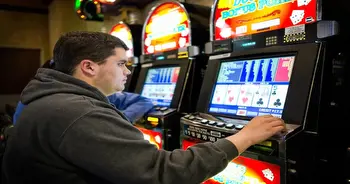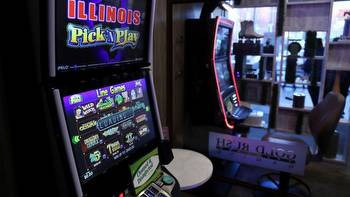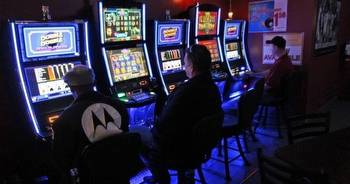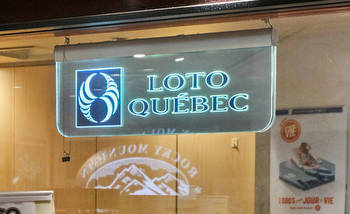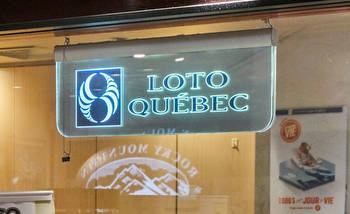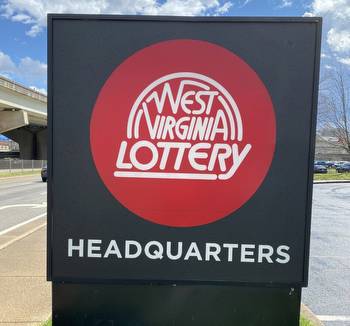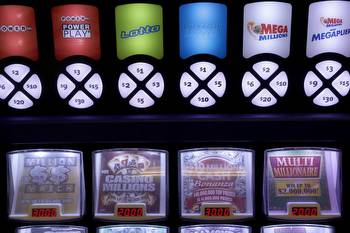Gambling revenue nets Illinois a record $1.9 billion in a year: Here's what's generating it

Gambling revenues in Illinois during the last fiscal year hit an all-time high for the state, with almost $1.9 billion going into its coffers.
That beat the previous record in 2019, when the state generated $1.4 billion in gambling revenue.
Raking in more than $833 million, lottery sales generated the most gambling revenue for the state from July 2021 to June 2022, according to a recently released report by the Illinois General Assembly's Commission on Government Forecasting and Accountability. That's up nearly 6% from the previous fiscal year, and it comes despite a decrease in actual sales, which was offset by fewer winners and reduced operating expenses.
Lottery officials touted the growth of the state's "iLottery platform" for part of the increased fortunes, accounting for almost $279 million in sales, a 64% increase from the prior year. Players can access lottery games online or through a mobile app.
"Online lottery play is an integral and growing segment of the Illinois Lottery's offering," said Keith Horton, general manager of Camelot Illinois, the state's lottery contractor. "Regular technology updates to the online platform improve the player experience and have helped drive growth over the past few years."
But gambling foes have argued online initiatives through the state have made it too easy to place bets, leading to an increase in gambling addiction.
WalletHub ranked Illinois the 14th "most gambling-addicted" state in an April study that compared access to gambling and addiction treatments.
"Gambling addiction provides a number of problematic outcomes in people's lives," said Zach Savella Stallard, coordinator at the Illinois chapter of Stop Predatory Gambling. "It's a source of revenue that takes advantage of people experiencing addiction, and that's not the way we should be funding our state and actually causes more costs because of the social costs of this addiction."
Lottery revenues generally go toward education funding.
Video gambling revenue generated another $762 million for the state, another record-breaking figure for that category.
It was up more than 52% from the previous fiscal year, according to the report. That's due in part to changes in the law in recent years that increased the state's share of video gambling revenues and allowed venues to add more machines.
At the end of June 2022, the state was generating video gambling revenue from 43,128 machines in 7,967 establishments. That amounts to 7.4% more terminals in 4.5% more establishments than the end of the previous fiscal year.
Much of the increase in revenue is a result of the video gambling terminals being accessible for the entire fiscal year, something that wasn't the case during the pandemic.
The majority of video gambling revenue goes to the state's capital improvement fund.
After suffering major losses during the pandemic, state revenues from casinos rose to $140 million last year, the commission's report shows. That's still well below pre-pandemic levels. Industry officials are optimistic about the future, though.
"Casinos are getting back to revenue totals they were seeing before the pandemic, and that's at a time when there are multiple new gaming outlets available to casino patrons," said Tom Thanas, executive director of the Illinois Casino Gaming Association. "I think there was pent-up demand and people wanted to get out and socialize."
Casino revenues largely go toward education funding in Illinois.
Sports betting in Illinois took in another $142 million last year, according to the report. Now in its third year, sports betting tax revenues for Illinois were more than double the previous years' take.
Revenue from sports betting goes toward capital improvements.
Horse racing generated $7 million last year for Illinois, but that's expected to take a significant dip this year because of Arlington International Racecourse's closure.
Various other gambling operations such as raffles, bingo and pull tabs generated another $4 million for the state last year, the report shows.
The commission's report concludes with a warning about relying too heavily on future gambling revenues.
"With so many entities competing for the gaming dollar, the question continues to be whether Illinois can support this level of expansion," the report reads. "If so, State and local government coffers will greatly benefit from the additional tax revenue generated by these gaming sources. If not, more questions arise, such as which entities will be the winners and losers of this resulting oversaturation."








